Contributions Overview
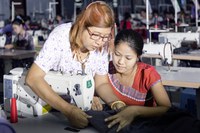
New Manual - How to set up a community platform for women garment workers
Want to empower women in the garment sector? This manual is your step-by-step guide to setting up sustainable, worker-led community spaces.
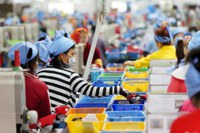
Why grievance management - if handled right - can be an opportunity for more success in the factory
Sonja Westphal is an expert when it comes to sustainable supply chains and grievance management. We talk to the founder and CEO of the e-learning platform Sustify about the importance of individual training, manufacturers' concerns, and why a system change is needed to introduce sustainable structures in grievance management.
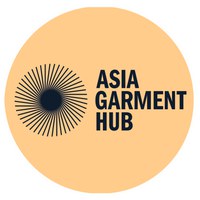
The Asia Garment Hub turns 2 - Voices from the industry
The Asia Garment Hub is celebrating its 2nd anniversary and we wanted to let our members have their say.
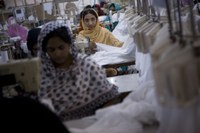
In our section "What's going on in...?" we want to sharpen the view on key garment production centres, and talk to experts about current developments, exciting topics and innovations in these countries. For Pakistan, we speak with Azizullah Goheer, Secretary General, of the Pakistan Textile Exporter Association (PTEA).

In the EU, 12.6 million tons of textile waste are generated per year. The European Commission is now responding with a new legislative initiative that holds manufacturers accountable.

Did you know that leading apparel suppliers, in partnership with GIZ FABRIC and Transformers Foundation, will release a groundbreaking report on July 20th on sustainability-related legislation and their impact on global apparel suppliers and beyond?

Interview: 'Digital payments are the future of payments for enterprises regardless of their size'
In light of the global trend towards digital payments, the importance of digital wages is on the rise. We speak with Virak Nuon, National Officer-Digital Wage Project of Better Factories Cambodia, about how digital wage payments have positively impacted workers' well-being in the garment industry and the role of unions and governments in the context of digital wage payments.

Brands are rarely this honest. ARMEDANGELS does it differently. A conversation with Katya Kruk, Impact & Innovation Director at ARMEDANGELS, about brand values, the influence of consumer behavior, the importance of transparency and fair wages.
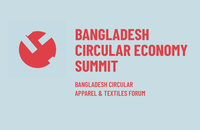
The first Bangladesh Circular Economy Summit is just around the corner
For the first time, the Bangladesh Circular Economy Summit is taking place in Dhaka.

"Individuals need to take collective action to enact systemic change"
Starting June 1, Remake is launching the #NoNewClothes Challenge. The challenge calls on consumers to not buy new clothes for 90 days. We speak with Katrina Caspelich, CMO of Remake, about how this Challenge addresses the larger systemic issues in the fashion industry, how it can help improve the lives of garment workers who depend on the production and sale of new clothes, and the role brands and retailers play in driving change toward fair wages and safe working conditions for garment workers.
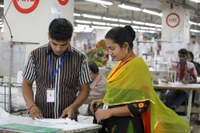
Explainer: What is the Dindigul Agreement?
Have you ever heard of the Dindigul Agreement? In our explainer you will learn everything you need to know.
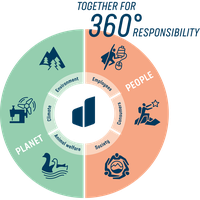
Why deuter's Promise Policy is worth a look
German outdoor brand deuter has developed a Promise Policy. We talk to Marco Hühn, Head of Quality Management, CSR, Repair Service at deuter Sport GmbH, about the importance of understanding suppliers' needs, and how the Promise Policy can help prepare for corporate Due Diligence obligations in supply chains at national and EU level.
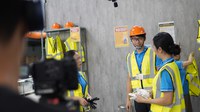
Why Quizrr's OHS training can help create a safer work environment
With its worker-centric digital learnings, Quizrr reaches more than 1000 workers daily. We talk to Spenser Bomholt Fain, Head of Programs, and Sandra Granath, Head of Learning, about the importance of representation, Quizrr's newest training course on Occupational Health & Safety and what to consider when shooting training footage.


